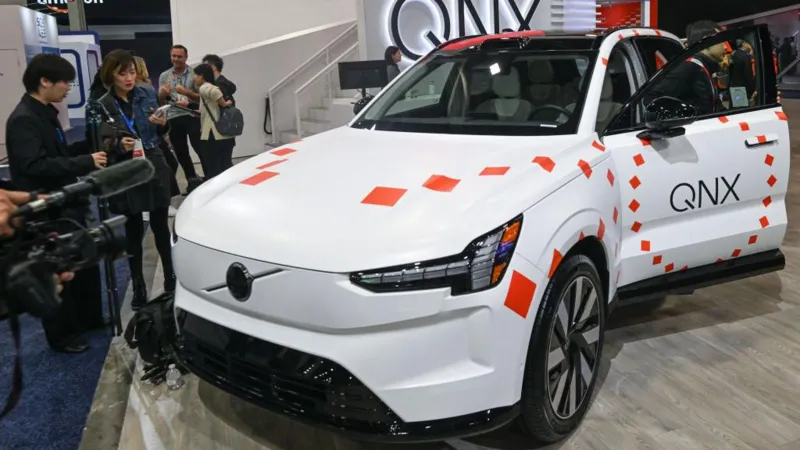Volvo Cars has announced plans to cut approximately 3,000 jobs, predominantly affecting office-based employees in Sweden. The move represents about 15% of the company’s white-collar workforce and is part of an 18 billion Swedish kronor ($1.9 billion) restructuring initiative aimed at revitalizing the business.
The announcement comes as the global automotive industry grapples with rising material costs, shifting market dynamics, and trade tensions. US tariffs, particularly the 25% import levy imposed during Donald Trump’s presidency, have contributed to higher operating costs. Additionally, a slowdown in European car sales has placed further strain on manufacturers, including Volvo.
Volvo CEO Håkan Samuelsson described the layoffs as a necessary response to the “challenging period” facing the industry. In April, the company reported an 11% year-on-year drop in global sales, underlining the pressures it faces. Despite being headquartered in Gothenburg, Sweden, Volvo has production operations spanning Sweden, Belgium, China, and the United States.
Owned by Chinese conglomerate Geely since 2010, Volvo had previously announced a bold plan to transition its entire lineup to electric vehicles by 2030. However, that ambition was scaled back last year, with the company citing growing uncertainties around global tariffs on EVs and uneven market conditions.
Volvo’s announcement comes in the context of broader upheaval across the auto sector. Japanese carmaker Nissan recently revealed it would slash 11,000 jobs and shutter seven plants globally, citing weak sales in China and the US. The collapse of its proposed merger with Honda and Mitsubishi in February has further destabilized the company.
Meanwhile, intense price competition is also roiling the industry. Chinese EV leader BYD recently slashed prices on over 20 models, prompting similar moves by rivals Changan and Leapmotor. These price cuts have led to stock drops across the Chinese auto sector and intensified pressure on global competitors.
Despite the difficult decisions, Volvo insists the layoffs are a strategic step toward ensuring long-term resilience. “The actions announced today have been difficult decisions, but they are important steps as we build a stronger and even more resilient Volvo Cars,” Samuelsson said.

